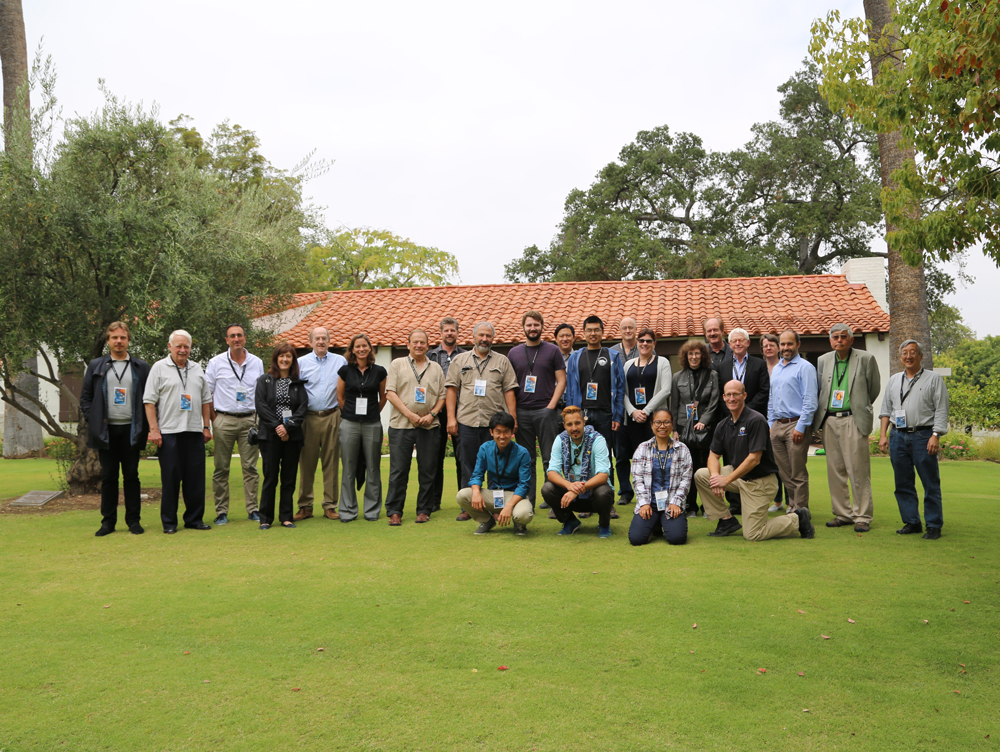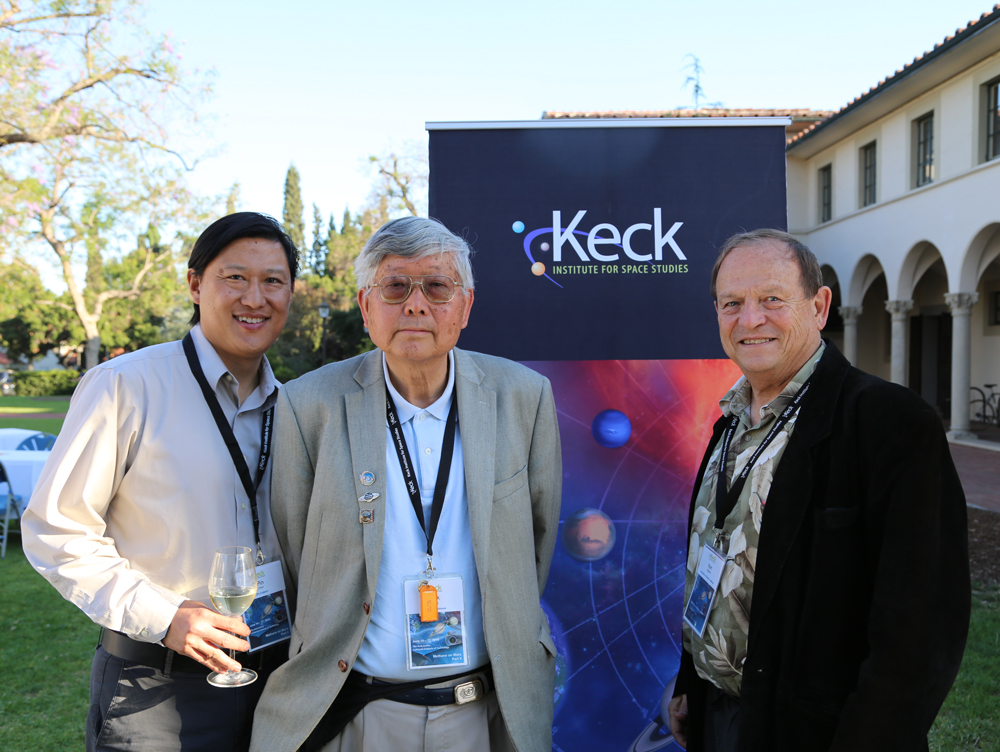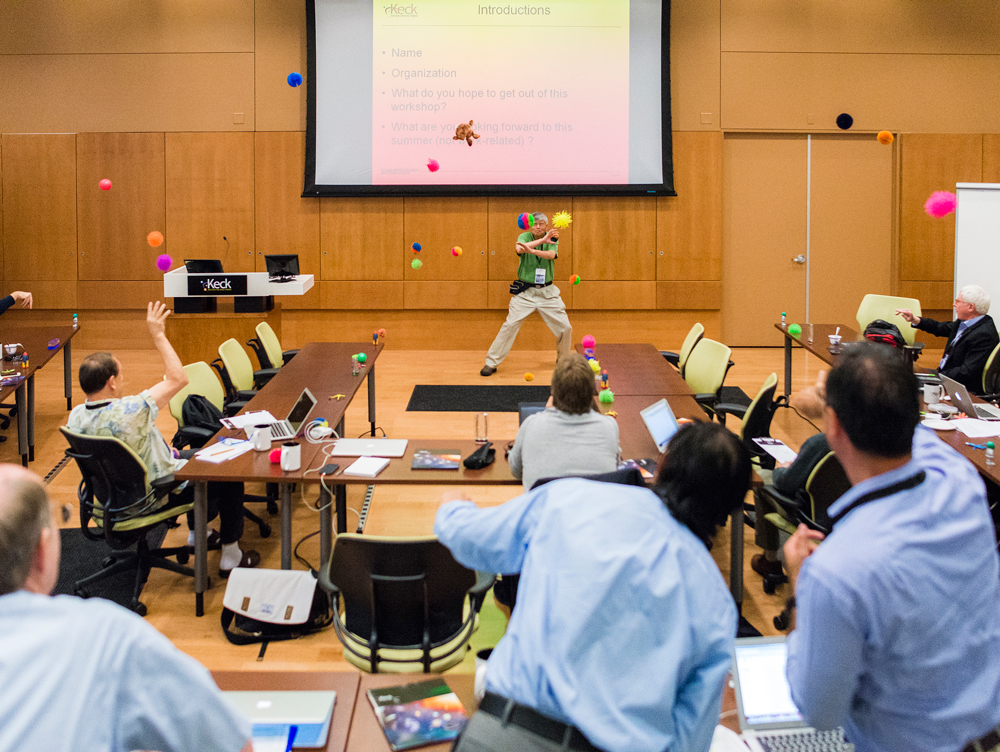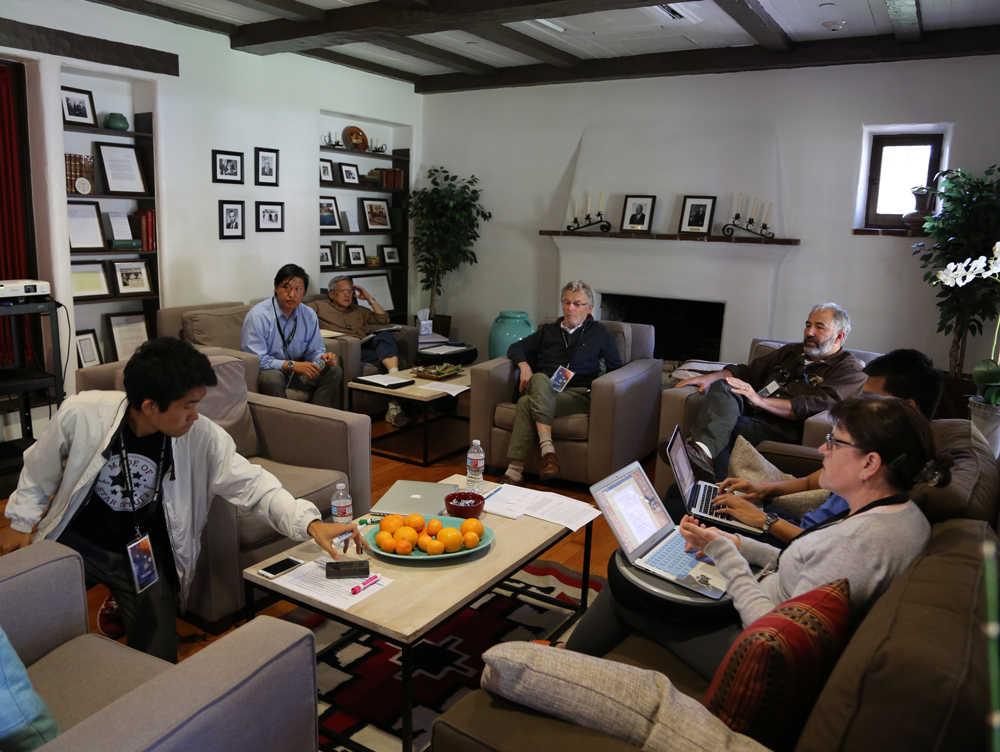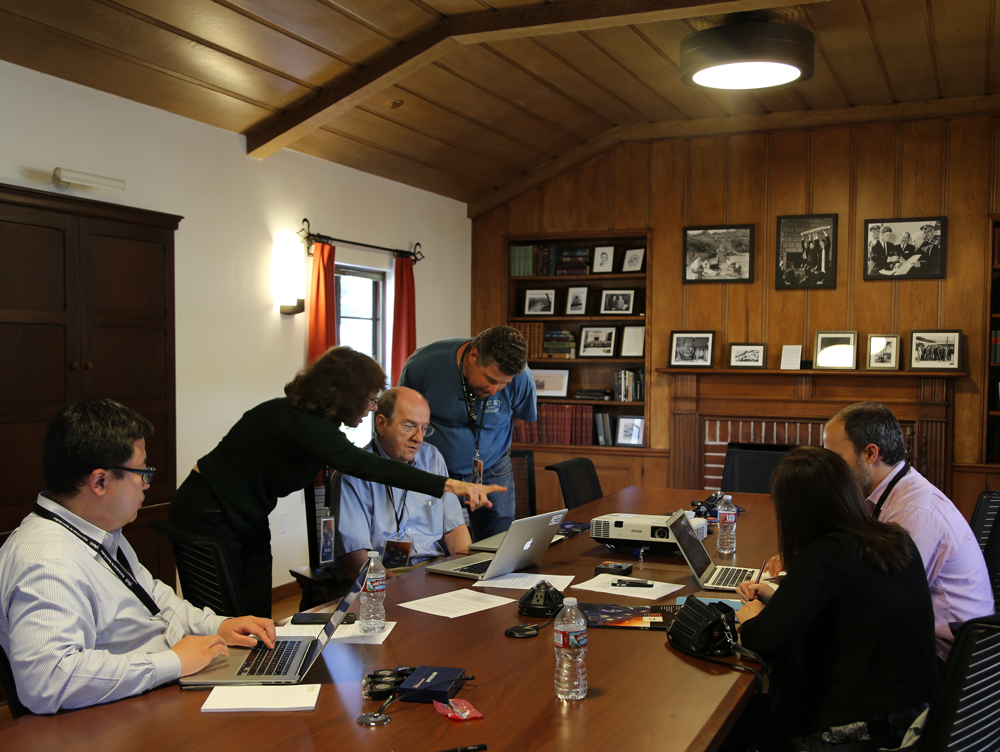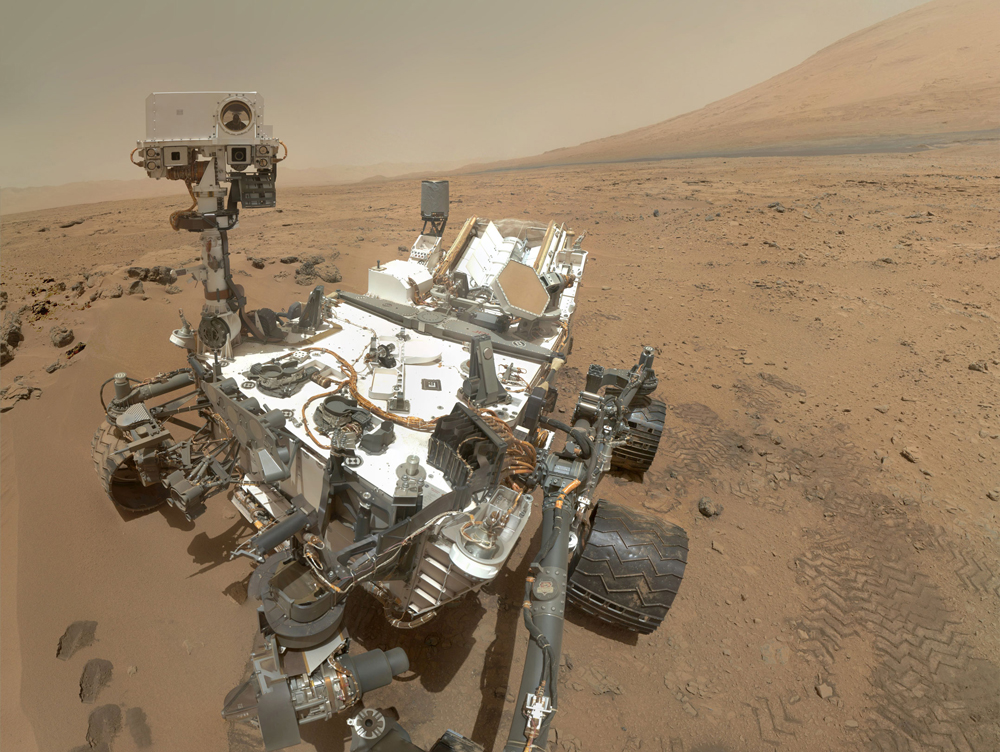Workshop Overview:
In the first workshop of the “Methane on Mars” study program, we identified the search for environments possessing redox gradients (the fundamental energy source for life) as a guiding scientific goal for Mars exploration in the 2020’s. The detections of methane are tantalizing due to its reducing nature in an extremely oxidizing environment. Moreover, its observed variabilities indicate the existence of significant processes beyond our current understanding. Many decades of intensive research and exploration have yielded a detailed and comprehensive understanding of homogeneous (i.e. gas phase only) processes in the Martian atmosphere. Hence, the missing knowledge likely lies in heterogeneous, surface, and/or subsurface processes. We also know that Mars’ atmosphere and surface conditions/mineralogy are predominantly oxidizing, and the subsurface is far more likely to harbor redox-gradient environments. Together, these conclusions point to the surface/near-surface as our present knowledge frontier on Mars, and advancing our understanding of the Martian subsurface as the grand scientific challenge.
Advancing our knowledge frontier deeper into Mars requires new measurement methodologies (based on well-established terrestrial methodologies in, e.g., hydrocarbon exploration, geobiology, and geochemistry) and enabling technological advancements. The second workshop (in June, 2016) will focus on defining such enabling measurement and technological concepts.

